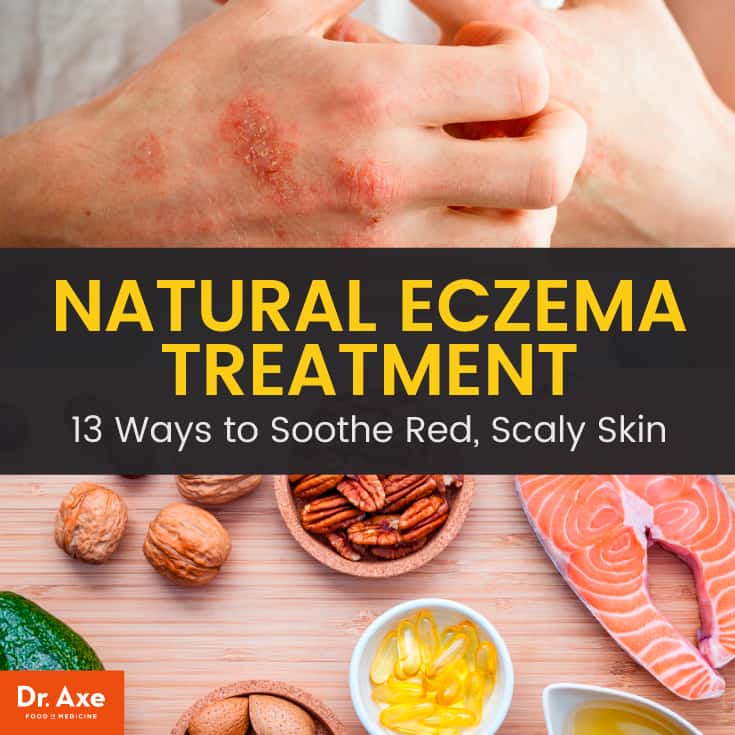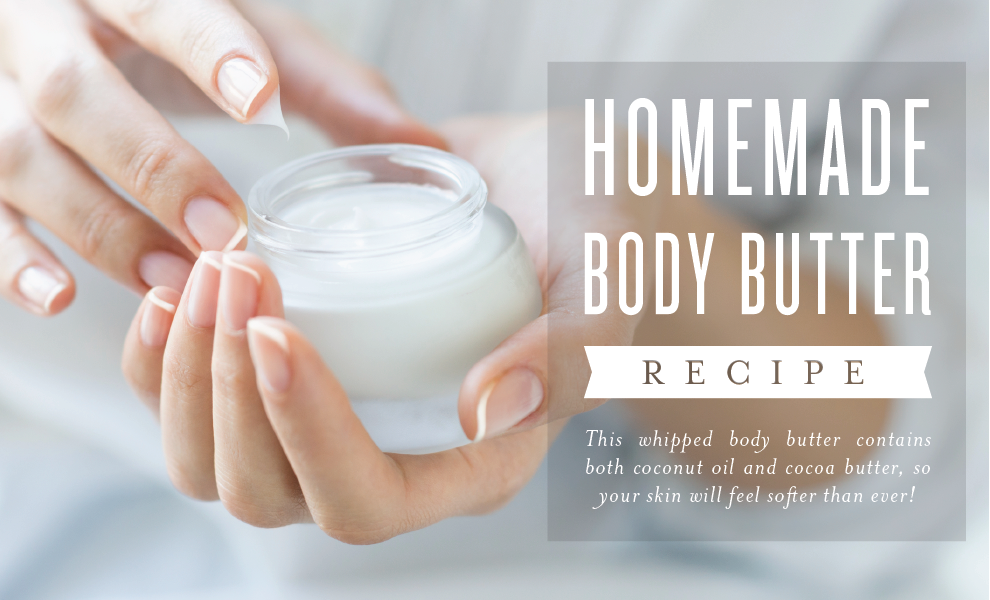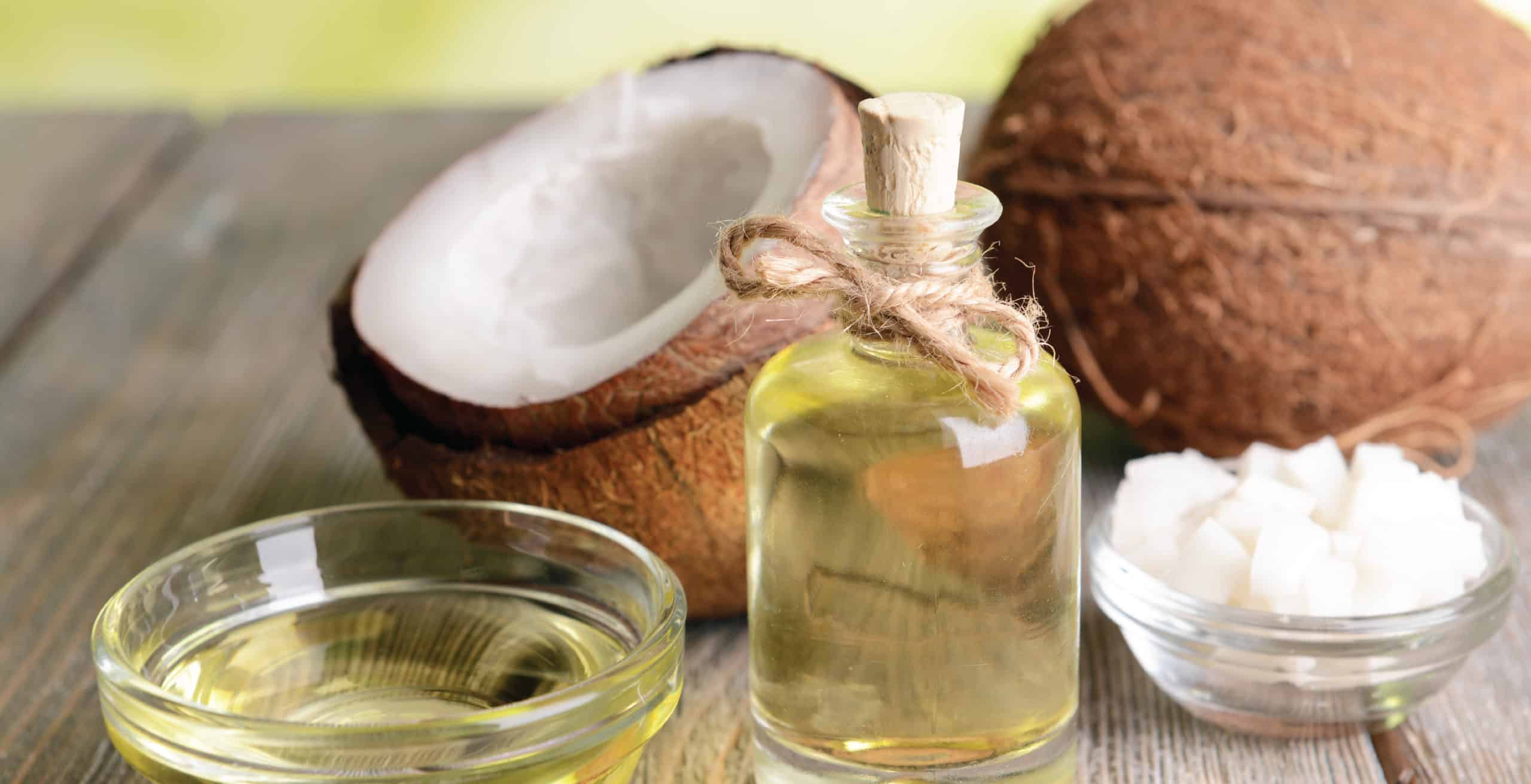Eczema relief with natural ingredients: Forget the harsh chemicals and embrace the soothing power of nature! Imagine a world where itchy, inflamed skin is a distant memory, replaced by the soft caress of aloe vera and the comforting embrace of colloidal oatmeal. This isn’t some fairytale; it’s a journey into the world of natural eczema remedies, where ancient wisdom meets modern science to help you reclaim your skin’s happy place.
We’ll explore the best natural ingredients, whip up some DIY potions, and uncover lifestyle tweaks that’ll have you saying goodbye to those pesky flare-ups. Get ready to ditch the itch and embrace your radiant, healthy skin!
We’ll delve into the science behind why these natural ingredients work their magic, from calming inflammation to locking in moisture. We’ll also explore how to integrate these natural remedies with conventional treatments, ensuring a holistic approach to managing your eczema. Think of this as your personal guide to a happier, healthier, and itch-free you!
Understanding Eczema and its Triggers
Eczema, also known as atopic dermatitis, is a chronic inflammatory skin condition that causes itchy, dry, and inflamed skin. It’s a common problem, affecting millions worldwide, and while it’s not contagious, it can be incredibly frustrating to live with. Let’s dive into the nitty-gritty of eczema to better understand how to tackle it.
Types and Symptoms of Eczema
Eczema isn’t a one-size-fits-all condition. Different types exist, each with its own quirks. For example, infantile eczema often appears in infancy, characterized by intensely itchy, red rashes on the face, scalp, and limbs. Childhood eczema often presents similarly but can spread to other body areas. Adult eczema, while sharing similar symptoms, might manifest differently, often with thicker, leathery skin patches.
Common symptoms across all types include intense itching, dry and cracked skin, redness, and small, raised bumps that can weep or crust over. The severity varies greatly from person to person.
Environmental Triggers for Eczema Flare-ups
Think of eczema as a highly sensitive skin that reacts dramatically to various environmental factors. Common culprits include harsh soaps and detergents, extreme temperatures (both hot and cold), low humidity, and irritating fabrics like wool or synthetic materials. Dust mites, pet dander, and pollen can also trigger flare-ups in susceptible individuals. Exposure to certain chemicals, such as those found in cleaning products or perfumes, can also be problematic.
Food Allergens that Exacerbate Eczema
While not the sole cause, food allergies can significantly worsen eczema symptoms. Common food allergens include dairy products, eggs, peanuts, soy, wheat, fish, and shellfish. These allergens can trigger an inflammatory response in the body, leading to more intense itching and rashes. It’s important to note that the connection between food and eczema can be complex and requires careful consideration and, ideally, the guidance of an allergist.
Conventional vs. Natural Treatments for Eczema

Conventional treatments for eczema typically involve topical corticosteroids, which reduce inflammation, and emollients, which moisturize the skin. These are often effective in managing symptoms, but they can have side effects, such as skin thinning with prolonged use. Natural approaches focus on soothing the skin with ingredients like colloidal oatmeal, aloe vera, and shea butter, aiming to reduce inflammation and restore the skin barrier.
While natural remedies may not be as potent as prescription medications, they often provide gentler, longer-term relief with fewer side effects, particularly when used in conjunction with conventional treatments.
Natural Ingredients for Eczema Relief
Nature’s apothecary offers a treasure trove of ingredients with potential to soothe eczema. Let’s explore some of the most effective options, backed by scientific evidence (where available), and understand how they work their magic on irritated skin.
Table of Natural Eczema-Soothing Ingredients
| Ingredient | Properties | Application Methods | Precautions |
|---|---|---|---|
| Colloidal Oatmeal | Anti-inflammatory, moisturizing, soothes itching | Add to bathwater, apply as a paste | Rarely causes reactions, but always test a small area first. |
| Aloe Vera | Anti-inflammatory, promotes healing, moisturizes | Apply gel directly to affected areas | May cause allergic reactions in some individuals. |
| Coconut Oil | Moisturizing, antimicrobial, may reduce inflammation | Apply liberally to dry skin | May clog pores for some individuals. |
| Shea Butter | Moisturizing, rich in vitamins and fatty acids | Apply a thin layer to affected areas | May cause allergic reactions in rare cases. |
| Honey | Antibacterial, anti-inflammatory, moisturizing | Apply a thin layer to affected areas | Avoid if allergic to bee products. |
| Calendula | Anti-inflammatory, antimicrobial, promotes healing | Apply as a cream or oil | May cause allergic reactions in some individuals. |
| Chamomile | Anti-inflammatory, soothing, may reduce itching | Add to bathwater or apply as a compress | May cause allergic reactions in some individuals. |
| Jojoba Oil | Moisturizing, similar to skin’s natural oils | Apply liberally to dry skin | Generally well-tolerated, but test for allergies. |
| Avocado Oil | Rich in vitamins and fatty acids, moisturizing | Apply liberally to dry skin | May cause allergic reactions in some individuals. |
| Rosehip Seed Oil | Rich in vitamins, antioxidants, promotes skin regeneration | Apply a few drops to affected areas | Generally well-tolerated, but test for allergies. |
Infographic: Mechanisms of Action, Eczema relief with natural ingredients
Imagine a microscopic view of your skin. Eczema disrupts the skin barrier, leading to inflammation and dryness. Natural ingredients work in various ways to alleviate this: Colloidal oatmeal and aloe vera act as anti-inflammatories, calming the irritated skin. Coconut oil, shea butter, and jojoba oil replenish the skin’s moisture barrier, preventing further dryness and irritation. Honey and calendula possess antimicrobial properties, protecting against infection.
Chamomile soothes and reduces itching. Avocado and rosehip oils provide essential vitamins and antioxidants that promote healing and skin regeneration. This multifaceted approach helps restore the skin’s health and reduce eczema symptoms.
DIY Natural Eczema Remedies: Eczema Relief With Natural Ingredients
Creating your own eczema remedies allows you to control the ingredients and tailor them to your specific needs. Remember, a patch test is crucial before applying any new remedy to a large area of skin.
Recipe 1: Soothing Oatmeal Bath
Ingredients: 1 cup colloidal oatmeal, warm bathwater. Instructions: Add oatmeal to running bathwater, soak for 15-20 minutes. The oatmeal will release its soothing properties into the water, reducing inflammation and itching. Follow with gentle patting dry to avoid further irritation.
Recipe 2: Aloe Vera and Shea Butter Moisturizer
Ingredients: 1/4 cup aloe vera gel, 1/4 cup shea butter, 2 tablespoons coconut oil. Instructions: Gently melt shea butter and coconut oil in a double boiler. Stir in aloe vera gel until thoroughly combined. Pour into a clean container and allow to cool completely. Apply a thin layer to affected areas as needed.
The aloe vera soothes inflammation, while shea butter and coconut oil provide deep moisturizing.
Recipe 3: Calendula and Honey Cream
Ingredients: 1/4 cup calendula infused oil, 2 tablespoons beeswax, 2 tablespoons honey. Instructions: Melt beeswax in a double boiler. Stir in calendula oil and honey until smooth. Pour into a clean container and allow to cool completely. This cream offers both anti-inflammatory and antimicrobial benefits, promoting healing and reducing infection risk.
Apply a thin layer to affected areas.
Lifestyle Changes for Eczema Management
Managing eczema effectively requires a holistic approach that encompasses lifestyle changes. These adjustments can significantly reduce the frequency and severity of flare-ups.
Hydration and Diet for Eczema
Maintaining proper hydration is paramount. Drinking plenty of water helps keep skin supple and prevents dryness, a major eczema trigger. A balanced diet rich in fruits, vegetables, and omega-3 fatty acids can also reduce inflammation and improve overall skin health. Limiting processed foods, sugar, and potential allergens is also recommended.
Stress Management and Eczema
Stress can exacerbate eczema symptoms. Practicing stress-reducing techniques such as yoga, meditation, or deep breathing exercises can help alleviate flare-ups. Prioritizing sleep and engaging in regular physical activity also contribute to stress management and overall well-being.
Recommended Lifestyle Adjustments
- Use fragrance-free soaps and detergents.
- Wear loose-fitting, breathable clothing made from natural fibers.
- Avoid scratching the affected areas.
- Keep your nails trimmed short to minimize skin damage from scratching.
- Use a humidifier, especially during dry weather.
- Identify and avoid personal triggers.
Integrating Natural Remedies with Conventional Treatments
Many individuals find success by combining natural remedies with conventional treatments. This integrated approach can provide comprehensive eczema management.
Combining Natural and Conventional Treatments

Natural remedies can complement conventional treatments like topical corticosteroids by providing additional moisturizing and soothing effects. However, it’s crucial to consult a dermatologist before making any significant changes to your treatment plan. They can help determine the most effective combination of natural and conventional approaches based on your individual needs and skin condition. For example, a person might use a natural moisturizer alongside their prescribed corticosteroid cream to enhance hydration and minimize potential side effects from the steroid.
Importance of Dermatologist Consultation
Before implementing any new treatment plan, including natural remedies, it is essential to consult a dermatologist. They can assess your skin condition, identify potential triggers, and guide you on the safest and most effective treatment strategy. A dermatologist can also help monitor your progress and make adjustments to your treatment plan as needed.
So, there you have it – a holistic approach to eczema relief that combines the best of nature and, where needed, modern medicine. Remember, every skin journey is unique, so finding what works best for you might take a little experimentation. Don’t be afraid to try different natural remedies, listen to your skin, and always consult your dermatologist for personalized advice.
With a little patience and the right ingredients, you can conquer eczema and rediscover the joy of healthy, happy skin. Now go forth and conquer that itch!
Finish your research with information from troubleshooting houseplant problems.
Frequently Asked Questions
Can I use these natural remedies on my face?
Always do a patch test on a small area of skin first to check for any allergic reactions before applying to your face. Some ingredients might be too harsh for the delicate facial skin.
How long does it take to see results from natural eczema remedies?
Results vary depending on the severity of your eczema and the ingredients used. You may see some improvement within a few days, but for significant relief, consistent use over several weeks is often necessary.
Are natural eczema remedies safe for children?
Generally, many natural ingredients are safe for children, but always dilute remedies and consult a pediatrician or dermatologist before using them on young children. Avoid ingredients that could cause irritation.
What if my eczema doesn’t improve with natural remedies?
If your eczema persists or worsens despite trying natural remedies, it’s crucial to consult a dermatologist. They can diagnose the specific type of eczema and recommend appropriate medical treatments.




